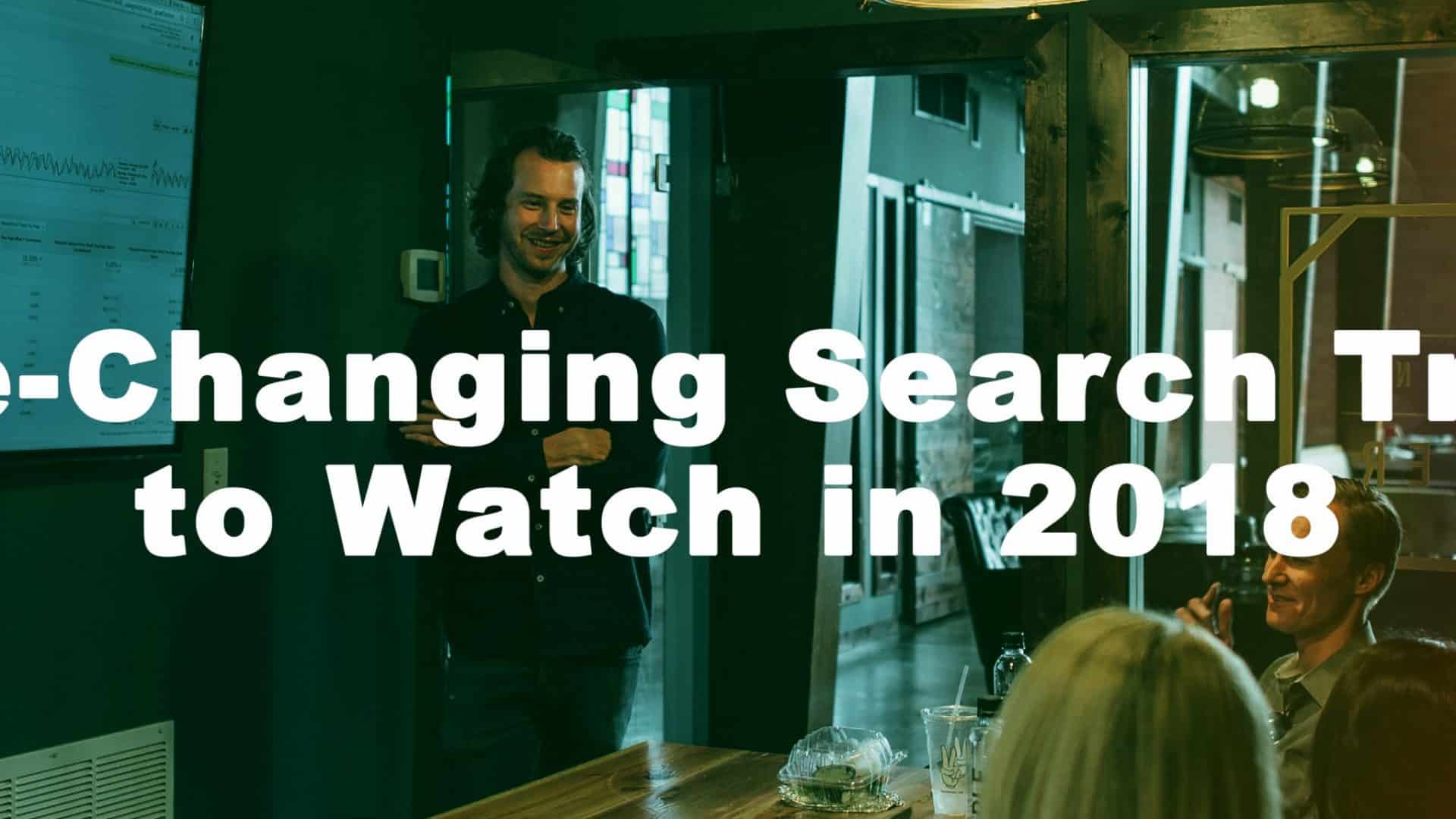The evolution of the internet requires search engines to continually make changes that guarantee results reflecting the wants and needs of users. Every few years, those changes amount to systemic upgrades that fundamentally alter the way online marketers do what they do. Some of the changes in store for 2018 could be that significant.
We have our eye on some search engine trends that could be game-changing this year. Below are some of those trends courtesy of Search Engine Land’s Pratik Dholakiya. If you are in SEO services, tighten your seat belt and get ready. Things could get interesting very soon.
Google’s Mobile First Index
First is Google’s ballyhooed mobile first Index. It was announced some three years ago, and now it looks like Google developers are ready to put it into action. Once the mobile first Index goes live later this year, Google searches will give priority to mobile sites. Desktop sites will still be indexed, but they will be considered ‘second place’ if you will. That means sites that are not mobile-friendly could suffer. They may even become obsolete in short order.
Of all the emerging trends, Google’s mobile friendly first Index is arguably the most noteworthy. Mobility rules in 2018, yet so much of the internet is still not mobile-friendly. A lot of website owners have a lot of soul-searching to do.
Voice Searching and AI
Internet searching is, by nature, technology oriented. We would therefore expect Google, Yahoo!, and Bing to hook onto the technology train with both voice search and artificial intelligence (AI). Voice-enabled virtual assistance is driving the need for better voice searching, and AI is making searches based on less defined keywords and phrases more effective.
Expect both trends to gradually make it easier to get top quality search results by asking questions framed as complete sentences. Search engine technology is heading toward a place where algorithms will be able to parse questions, understand their intent, and return effective results.
Changes in How Content Is Understood
Finally, there are some systemic changes coming in the way content is viewed and understood by search engine algorithms. Web developers and SEO practitioners should pay very close attention to three particular trends in this category:
- Guest Posting – Google has already begun warning webmasters against the practice of using article marketing as a primary link building strategy. It now looks like they are ready to extend the warning to manipulative guest posting – i.e., publishing guest posts that do not really help users. Manipulative guest posts are easily identified as posts that would never be written if there were no search engines.
- Fake News – Even though most of us have a hard time defining fake news as opposed to something like satire, Google and its competitors are under tremendous media pressure to do something about it. Expect new Google algorithms to include better ways of identifying fake news. The algorithms will be to fake news what the Panda update was to spammers.
- Brand Mentions – It should be obvious that there is a lot of online content mentioning other brands without actually linking to them. Engineers are looking at these ‘link-less mentions’ as another way to evaluate content quality. Look for more emphasis to be put on unlinked brand mentions.
As the internet continues to evolve, the search engines evolve with it. Be ready for some substantial changes this year. We could be on the verge of the next major shift in search engine evolution, a shift that could make the Panda update look small by comparison.















